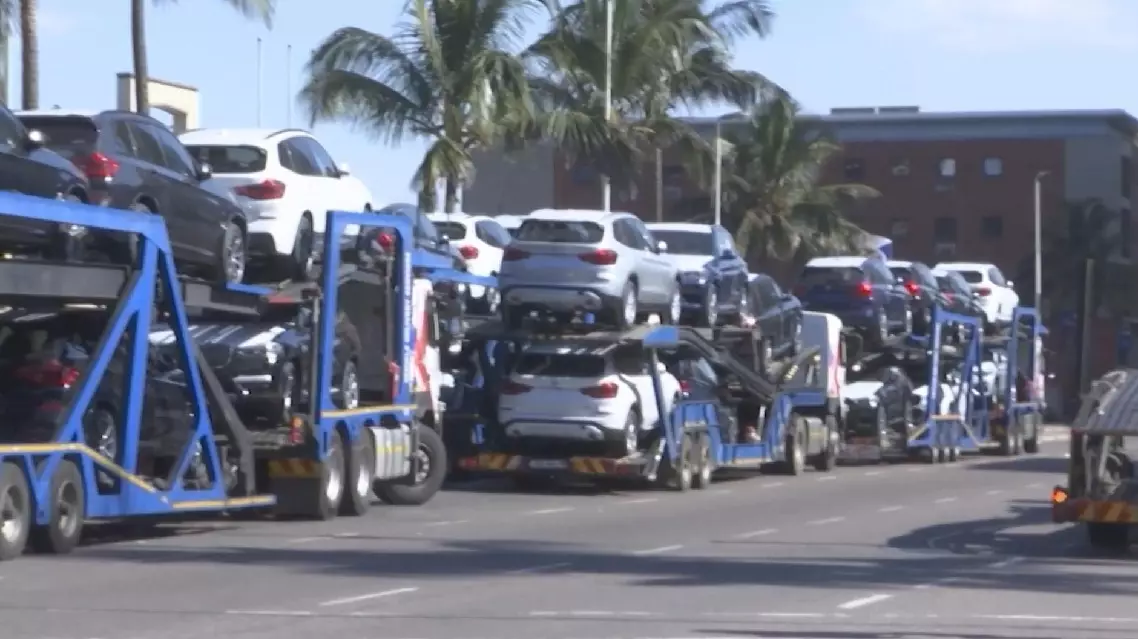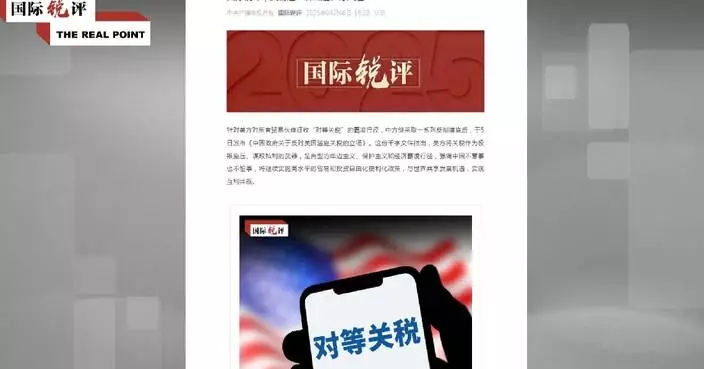Russia and Ukraine on Thursday again accused each other of hitting energy infrastructure despite a previous agreement to halt strikes on such facilities.
The Russian Ministry of Defense reported that over the past 24 hours, Russian forces had gained control of two settlements and struck Ukrainian military aviation rocket industry facilities, drone production workshops, ammunition depots, among other targets.
At the same time, Russia claimed that Ukrainian forces had deliberately attacked Russian energy infrastructure four times, leading to disruptions in civilian energy supplies in multiple areas.
On the same day, the General Staff of the Ukrainian Armed Forces stated that the Ukrainian military has always adhered to the agreement and strictly limited its attacks to Russian military targets. In contrast, Russia has repeatedly attacked Ukrainian energy facilities located in Kharkiv, Dnipropetrovsk, Kherson, and other areas, it said.
After their separate talks with U.S. delegations in late March, Russia and Ukraine agreed to develop measures implementing a 30-day ceasefire on energy infrastructure.
Also on Thursday, Russian and Ukrainian representatives had communication, respectively, with the U.S. side.
Kirill Dmitriev, the chief of Russia's sovereign wealth fund, who was appointed last month as Kremlin's special envoy on international economic and investment cooperation, held a meeting with U.S. representatives in Washington on Thursday.
The meeting made America's European allies concerned that the easing of Russia-U.S. relations, as well as the potential marginalization of EU countries in negotiations over the Ukraine issue, would pose a serious threat to NATO.
Minister of Foreign Affairs of Ukraine Andrii Sybiha said he met with U.S. Secretary of State Marco Rubio at the NATO Headquarters on Thursday and discussed the issues including a ceasefire between Ukraine and Russia, and Ukraine-U.S. cooperation on minerals.
Sybiha reaffirmed Ukraine's "strong commitment to peace efforts" and welcomed "U.S. leadership" in this matter, according to a statement issued by the Ministry of Foreign Affairs of Ukraine.
On a separate note, Sybiha reaffirmed Ukraine's interest in developing mutually beneficial investments and mineral resource cooperation with the U.S., the statement said.
The National News Agency of Ukraine, or Ukrinform, reported that Ukrainian President Volodymyr Zelensky emphasized Ukraine's "red lines" in peace negotiations.
Zelensky stated that the regions controlled by Russia are forever an inseparable part of Ukraine's territory, and this will be the primary principle in any future peace talks. He also mentioned that the possibility of gradually reclaiming the occupied territories through diplomatic means will not be ruled out.
Additionally, Zelensky said that Ukraine will maintain its current military force size.

Russia, Ukraine accuse each other of attacking energy facilities

Russia, Ukraine accuse each other of attacking energy facilities
A 25 percent import tariff on all foreign-built vehicles entering the United States has raised serious concerns for manufacturers in South Africa.
Automotive giants like Mercedes and BMW have long used South Africa as a base for global exports -- but those plans may be shifting into reverse gear after the U.S. announced the punitive measures.
"If you take, for example, BMW, 97 percent of the X3 that we are producing in Rosslyn is exported out of the country. We only sell 3 percent in South Africa, and there's a huge number of those vehicles that also go into the U.S. So there are companies in South Africa that are purely here not because they are selling vehicles in South Africa; they are here to produce vehicles for the global market, and it's important for them to remain globally competitive," said Mike Mabasa, CEO of the National Association of Automobile Manufacturers of South Africa.
U.S. automaker Ford, which has deep roots in South Africa, is also in the crosshairs.
The company recently invested over 300 million U.S. dollars to upgrade its Silverton plant in Pretoria, South Africa, for the production of the world's only plug-in hybrid Ranger, which has just entered production but could face delays or restrictions.
"If an American citizen wants to buy specifically a Ford Ranger that is a plug-in hybrid, they can only place an order in South Africa, nowhere else in the world. So, that means, obviously, the capacity of Ford to be able to produce those vehicles in big volumes is going to be constrained, because Americans are going be looking at another Ford that is produced in another country, or even in the United States," said Mabasa.
South Africa has long enjoyed duty-free automotive exports to the U.S. under the African Growth and Opportunity Act, but that relationship now hangs in the balance.
A sharp shift in U.S. foreign policy threatens to derail an industry that employs thousands and contributes around 5 percent to the country's economy.
"We produce less than 1 percent of global automotive vehicles, so to say. So, in reality, the impact on us is likely to be more disproportionate than those of our peers that produce at the same level. And the risk is actually created -- a concentration risk -- in countries that have greater capacity and are building more; in those countries will be able to absorb some of this," said Parks Tau, South Africa's minister of trade and industry.
Amid growing concerns about overreliance on the U.S. market, Amith Singh, national manager for manufacturing at Nedbank Commercial Bank, emphasized the importance of tapping into regional trade opportunities.
"I think we need to make better use of some of our local agreements, our African continental agreements. How do we leverage that? How do we partner with the government and private sector to start benefiting the countries and the economies aside from the United States? So, those could be the catalyst to drive our localization projects; it could be what we need to drive the African economy as opposed to being completely reliant on the States (United States)," he said.
South Africa is for now standing firm in its decision not to retaliate against steep U.S. import tariffs, set to take effect in just a few days.
Officials in Pretoria acknowledge the challenges posed by the current U.S. administration but are pursuing a diplomatic approach in hopes of maintaining stable relations and preserving the African Growth and Opportunity Act.

US tariffs rock South Africa’s auto industry
















































